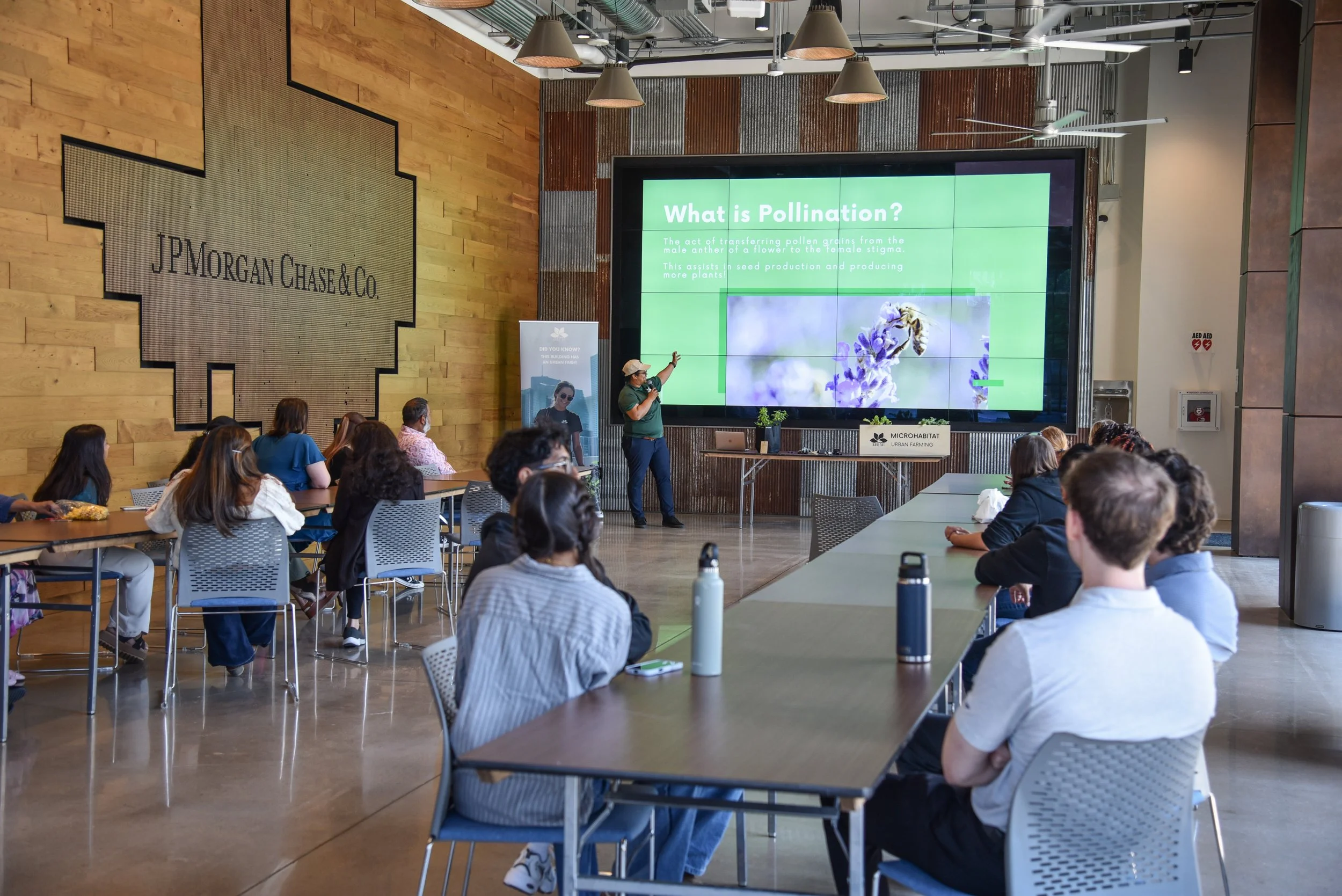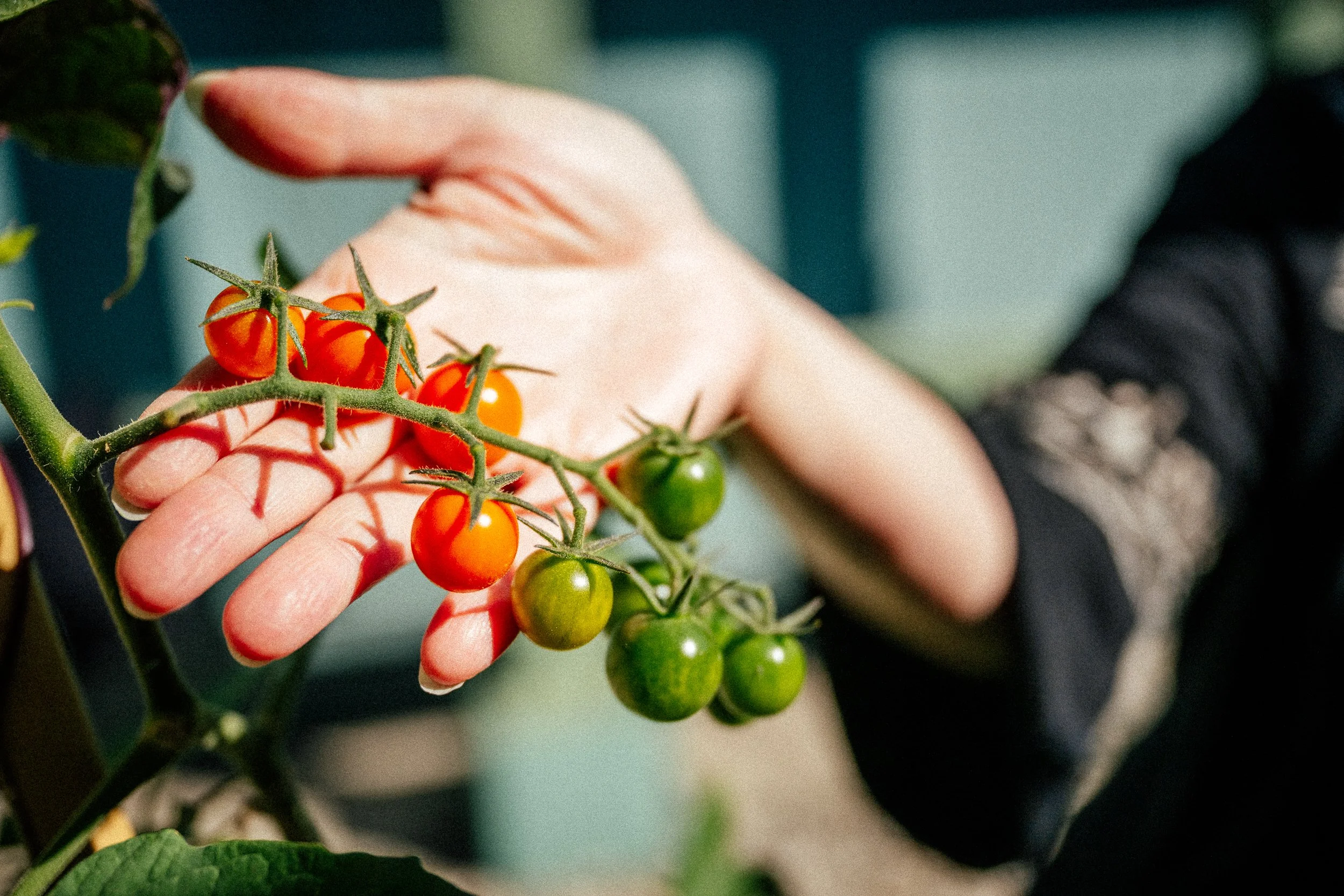
Publications

Cultivating Certification Success: How MicroHabitat Transforms Properties into Thriving Green Assets
How to convince your boss to get an Urban Farm


Benefits of Biophilic Design in Offices
Incorporating nature into office design isn’t just a trend—it’s a proven way to boost well-being, productivity, and sustainability. This blog explores how biophilic design, particularly through urban rooftop farms, transforms offices into healthier, more connected, and more energy-efficient environments. Discover how bringing the outdoors in can elevate your workplace.


How to convince your boss to get an Urban Farm
How to convince your boss to get an Urban Farm

The Advantages of Doing Business with a B-Corp
The Advantages of Doing Business with a B-Corp
Pet-Friendly Plants: A Guide to Safe Greenery for Your Home
Pet-Friendly Plants: A Guide to Safe Greenery for Your Home
How to Not Kill Your Office Plants
Living Green: How Urban Farming Amenities are Shaping the Future of Urban Developments
Navigating the Growing Demand for Urban Green Spaces in Canada
In bustling cities across the Canada, an urban green movement is taking root.
Navigating the Growing Demand for Urban Green Spaces in the USA
In bustling cities across the United States, an urban green movement is taking root.
DIY Gardening Tips from MicroHabitat Experts
Selecting the right plants for an urban garden starts with assessing your local climate and light conditions. Plants like tomatoes and peppers thrive in full sunlight, ideal for south-facing balconies, while leafy greens like lettuce grow well in partial shade. Matching your plant choices to your environment ensures a productive and healthy garden.

Urban Agriculture for a Green and Resilient Recovery
According to a United Nations report, 55% of the world's population currently lives in cities, with this proportion expected to reach 60% by 2030. Feeding such a large number of people in a context of climate change requires diversified and resilient food systems that minimize environmental impacts and promote the restoration of ecosystems.

7 Benefits of Urban Agriculture
By promoting a more local production of the food we eat, urban farming can contribute greatly to the reduction of greenhouse gases. Indeed, a large part of the fruits and vegetables we consume has to travel long distances before arriving in our plates, which induce great amounts of pollution.

Urban Solidarity Farms: Supporting Food Banks Through Urban Agriculture
To help food banks and local organizations, MicroHabitat launched the Urban Solidarity Farms initiative in March 2020. This program encourages our corporate clients to make a social and environmental commitment by donating the crops of their urban farms to the community. Through this initiative, many food banks have received weekly donations of fresh, healthy food from participating MicroHabitat urban farms.
